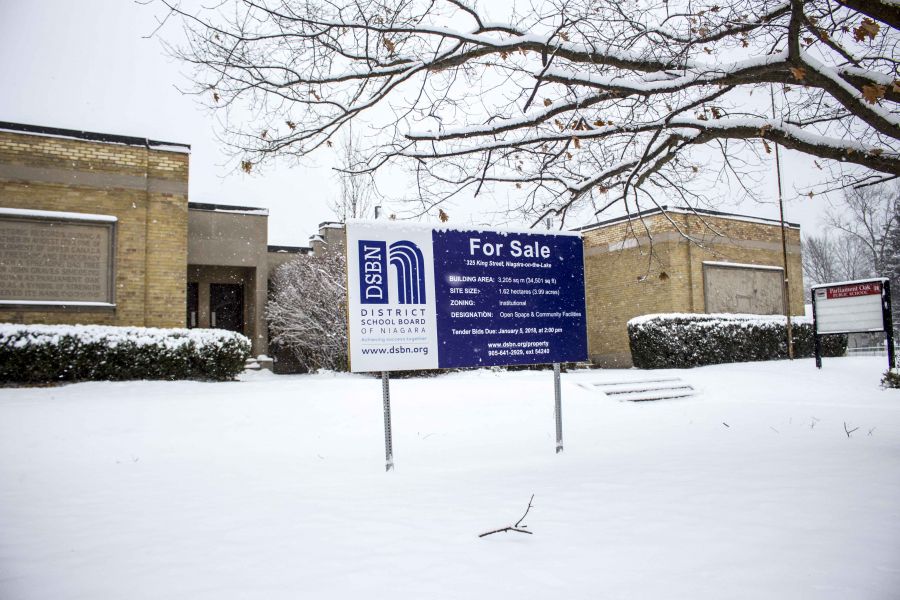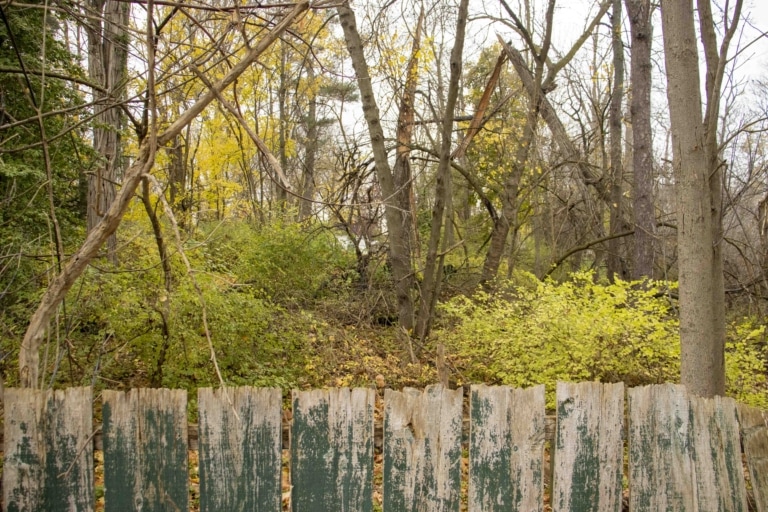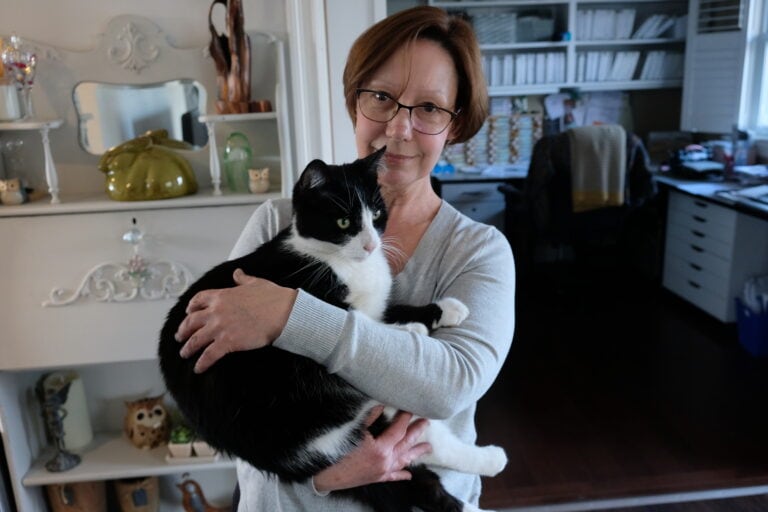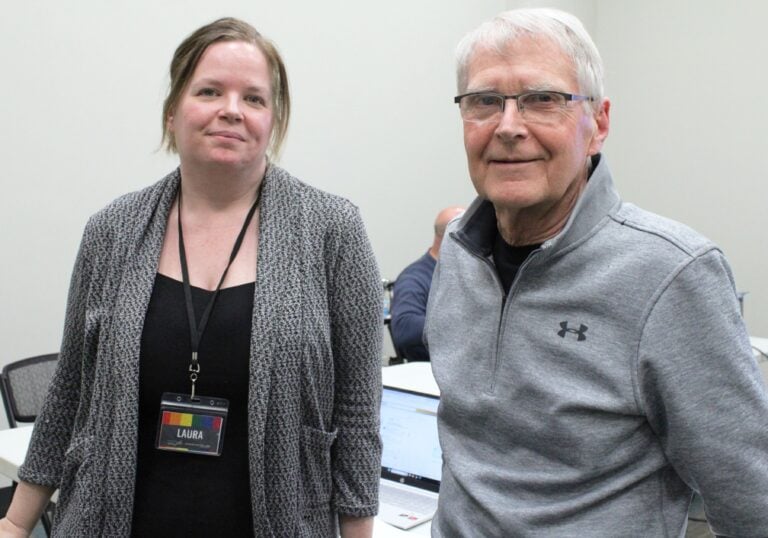Strict new building rules could be implemented in Old Town
The Town of Niagara-on-the-Lake is looking at a myriad of options to have more control over development across the municipality.
During Monday’s council meeting, planning consultant Art Zuidema presented council with an update on six priorities and a slew of other actions the town can take to have a stronger say in development in town.
The presentation was a direct result of a special closed council meeting that took place at the end of September, which was referred to as a planning workshop for staff and councillors.
“I really commend this work. It’s great to see and I’m glad that we can share it publicly as well,” Coun. Clare Cameron said.
Coun. Allan Bisback said he was pleased with the priority items “and even more important is they really do reflect what residents in our town have been saying to us on an ongoing basis.”
Actions the town could undertake include rezoning Old Town to set new building standards, being more aggressive about heritage buildings and designations, and using Garrison Village as a testing ground for the community permit planning system.
One of the main steps recommended by Zuidema is rezoning all of Old Town to impose more restrictive performance standards.
That would include restrictions on height, lot coverage, side, front and rear setbacks, parking and basement coverage, according to the presentation.
Old Town is the only community in NOTL that doesn’t have a secondary plan, Zuidema repeatedly reminded councillors.
Besides restricting the style of development in the area, Zuidema also recommended the town implement policies that “direct growth away from the Old Town.”
Public consultations before substantial work takes place would be key to rezoning Old Town, Zuidema said.
“That’s very important,” he said, “Sometimes consultants can get married to a solution and then at the end of the process they find out that they’ve missed the mark in terms of what the public is looking for.”
Cameron asked that developers who live in town be involved in consultations.
Overhauling the town’s approach to heritage designation was another priority adopted by councillors.
The town is planning on holding heritage workshops in January for staff, councillors and the heritage committee, Zuidema said.
Council also wants the town to actively work on determining what buildings should be designated as heritage properties and how that can be done efficiently.
Zuidema said the town will consult with the heritage committee and the town historian to determine what buildings and areas should be prioritized for designation.
He emphasized that prioritizing which areas to designate is essential and that simply creating a list is insufficient.
“The capacity to designate is a function of available resources and that means time of the individual to do the appropriate work and also the resources, money, in order to ensure that work can be done.”
Lord Mayor Betty Disero pushed to ensure the town historian was involved in any heritage work so designations could be built around cultural history as well as architectural characteristics.
“As a town we look more at the architectural significance of certain buildings and places but the town historian talks more to the culture, the cultural background and historical significance,” Disero said.
In all, Zuidema presented council with 26 items: six priorities, nine “quick wins,” four escalation items and seven suggestions that need further review.
The final item of 26 was the use of the community planning permit system as an alternative to zoning bylaws.
Disero asked Zuidema to clarify what exactly the community planning permit system can accomplish.
Zuidema said the permit system can be viewed as completely separate from zoning changes and heritage designations.
The permit system “is on a different table. It’s a different puzzle,” he said.
Since the permit system is a new and unique beast for the town to use, Zuidema recommended the creation of a pilot project in Garrison Village.
“The bulk of those lands have already been developed and so I think the Village would create a real soft landing to experiment” with the planning permit system, he said.
Since there is not a large amount of active development in the Village, the town could learn the ins and outs of the permit system by managing a small number of builds instead of using it on a wider area, like the whole of Old Town.
Cameron wanted to ensure that NOTL’s other communities don’t get overlooked.
“There have been concerns from the community in Virgil that areas that were initially developed in the mid-20th century are now also seeing major character changes,” Cameron said.
“It’s worth remembering that in Virgil, in St. Davids and remaining areas where there is a unique character. I don’t want them getting completely wiped out of the picture.”
Cameron recommended that the permit system be tried in another area of town where it would be more challenging and therefore allow the town to see the extent of powers the permit system has.
Zuidema said the use of the permit system requires extensive research about implementation before any pilot project gets underway.
Council directed staff to put together a report on the possibility of doing a pilot project with the community planning permit system and bring it to council in January.
One of the “quick wins” Zuidema presented was related to the appeal by Solmar Inc. regarding the heritage designation of the Rand Estate. Solmar dropped that appeal several weeks ago, thus removing the item and making it the quickest win of them all.
Other “wins” include building a roster of capable consultants, making a strong impression at the Land Planning Appeal Tribunal, being more competitive in hiring planning staff and requesting a provincial ministerial zoning order – an MZO – to eliminate appeals where the town has justification.
Bisback tried to temper residents' expectations about what the town can and can’t control.
He asked Zuidema to confirm that any developments already underway won’t necessarily be subject to new restrictions.
“We can’t change the rules along the way,” Zuidema replied.
The town is also considering changes to how the committee of adjustment might operate, updating its secondary plans, revamping the planning process and hiring an in-house lawyer for land tribunal disputes.
Council directed staff to continue work on the six priority items as well as the quick wins, with some 11 other recommendations still to be reviewed and possibly implemented in the future.











